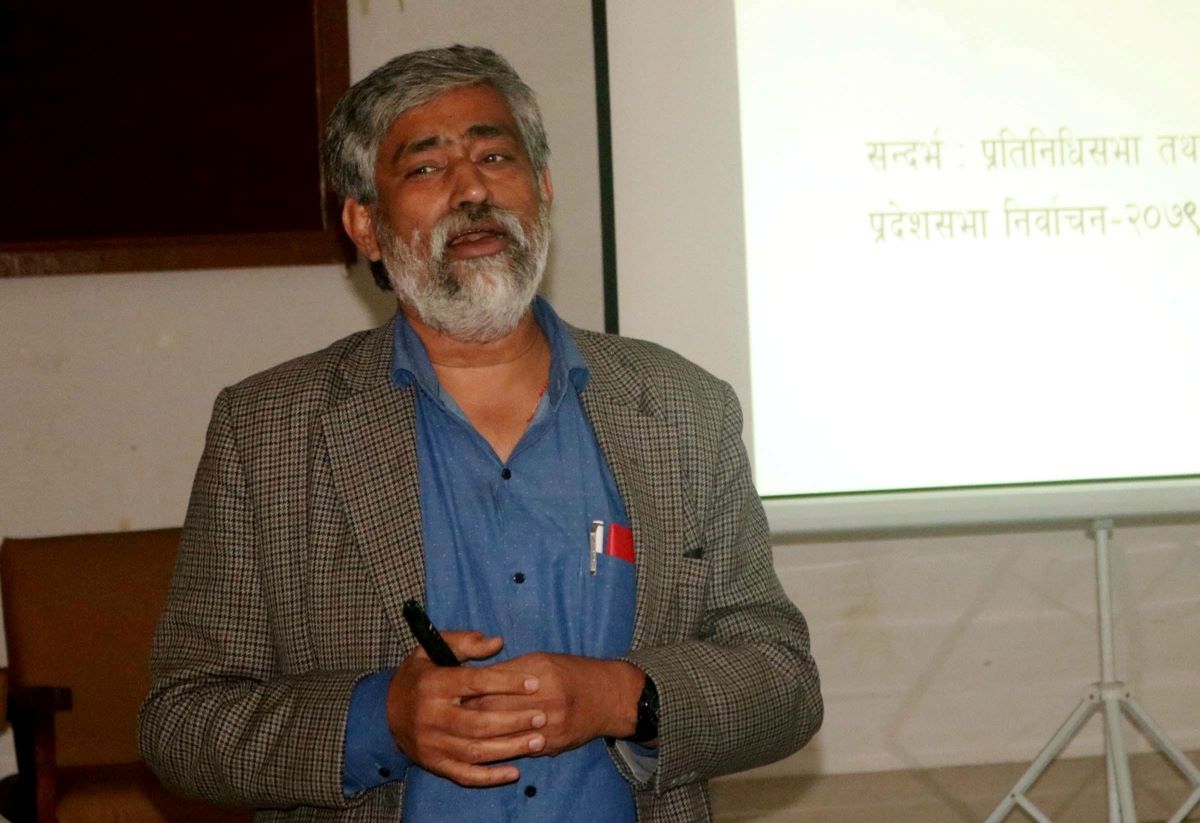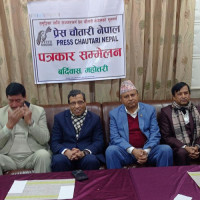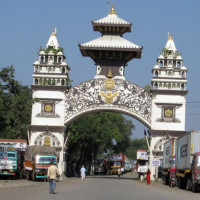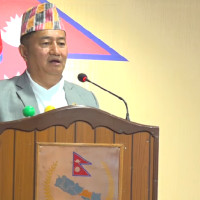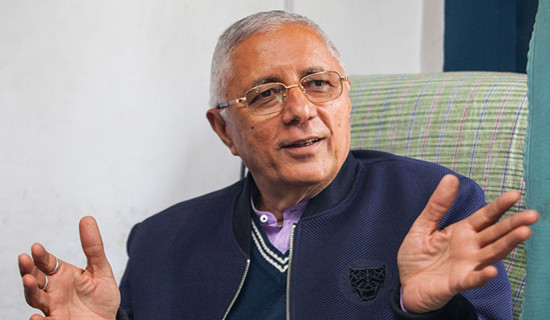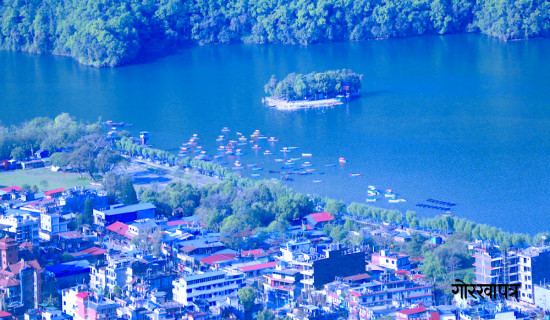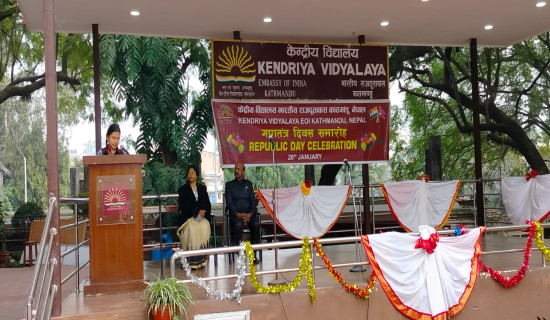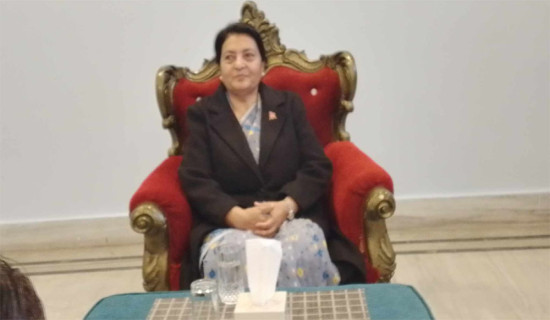- Tuesday, 28 January 2025
Opinion: Scientific and environmental significance of Chhath in context of climate change
Kathmandu, Nov 7: In recent years, the Chhath festival, observed as common cultural symbol of the Tarai-Madhesh, is in the process of internationalization.
Mainly celebrated in the eastern and central Tarai of Nepal and in Bihar and Uttar Pradesh of India until some years back, this festival has expanded its appeal and reach far and wide over the recent years. Presently, this festival is mainly celebrated in the places densely populated by Maithili and Bhojpuri language-speaking communities around the world.
The festival is dedicated to the sun God with offerings made to the rising and setting sun. The Sun, considered as the god of energy and of the life-force, is worshipped during the Chhath festival, wishing for the well-being, prosperity and progress of the family and community.
The elaborate rituals associated with this festival in which offerings of fruits including banana and coconuts, zinger plants, sugarcane etc. is made to the Sun, observing fasting and purity standing in knee-deep water in rivers and ponds, also embody the reverence to nature.
Although the Sun is worshipped in many cultures in various countries, perhaps Chhath is the only cultural festival wherein both the rising and setting Sun are worshipped. The Sun is the source of energy that sustains life and is the basis of nature.
Scientific aspects of Chhath
On a deeper analysis, we can say that Chhath is based on scientific values. The process and the rituals associated with Chhath worship are in line with scientific principles. Spiritualism is that aspect which is associated with respect, dedication and belief to cosmic power. Science has proved that the rays of the rising and setting sun are beneficial to human health.
While making the offerings to the sun, the worshipper has to do so standing half-submerged in water in ponds and rivers. This shows that water is intricately related to the Chhath rituals. This can be interpreted as reflecting the importance of water to sustain life. It also brings home the importance of keeping the nature, including the water bodies pure and clean.
The world is in the throes of climate change-induced impacts. Humanity is looking for ways to minimize the adverse impact of climate change. The COP summits are held each year to seek a sustainable and judicious way out of the climate crisis with the investment of a sizeable budget and human resources. This year too, the COP29 is taking place in Baku, Azerbaijan on November 11-12.
The Chhath festival, which is basically another form of nature worship, indirectly emphasizes on nature and environmental conservation. Observing the Chhath rituals and their connotation, one can only bow in respect to the wisdom of our ancestors, who, through such rituals and festivals, understood the value of nature. Our ancestors who propounded the Chhath had expressed their worries and interest on the need of conserving water and water bodies and protecting the nature thousands of years ago.
We can infer that Chhath festival also spreads the message of nature and environment conservation, keeping the nature clean and free of pollution. This festival also gives the message that nature belongs to all the living beings, hence emphasizing on the need to maintain a balance in the ecosystem.
The ritual of worshipping the rising and setting sun can be taken as showing reverence to the life-force and the importance of the sun's rays to human health and vitality.
That nature is a collective heritage and all should be able to use the natural resources is another message of equality and justice that we can draw from Chhath festival rituals.
Like the sun and nature discriminate none, the cultural festival of Chhath is non-discriminatory as people from all castes and communities can observe it. People from all classes and castes are free to partake in the Chhath worships and rituals. This is the festival not only of the Madhesis and Hindus, it is the common festival of all.
[Jha is the Executive Chairman of RSS]

